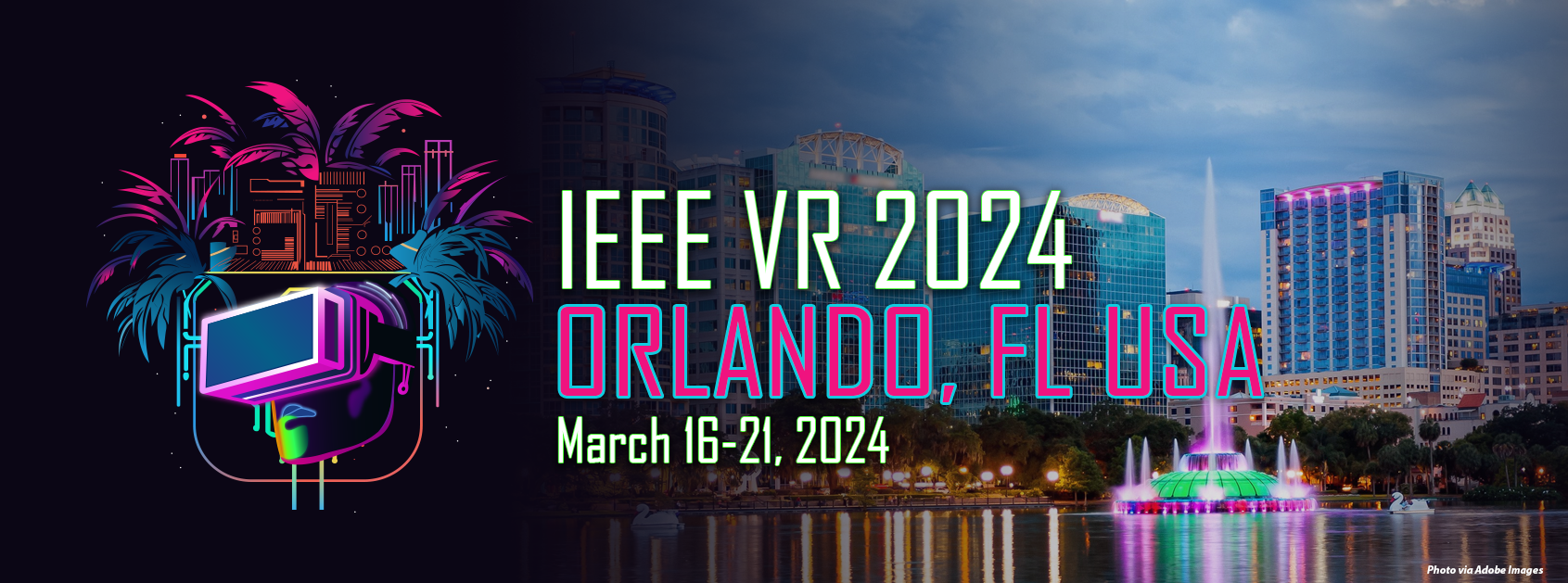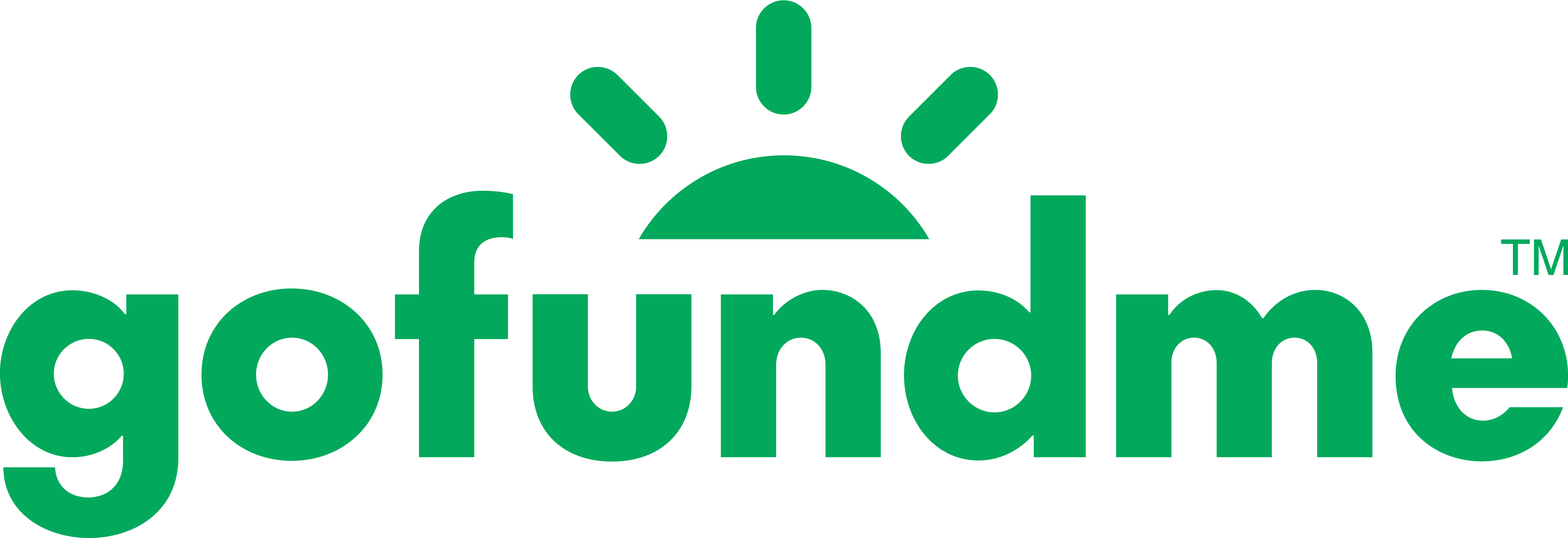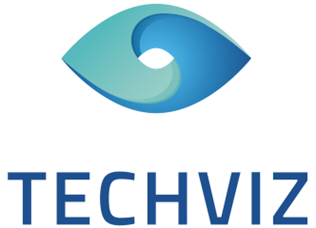
Call for Tutorials
IEEE VR 2024: The 31st IEEE Conference on Virtual Reality and 3D User Interfaces
March 16-21, 2024 | Orlando, Florida USA
Important Dates
Each deadline is 23:59:59 AoE (Anywhere on Earth) == GMT/UTC-12:00 on the stated day, no matter where the submitter is located.
- January 08, 2024: Tutorial submissions due
- January 15, 2024: Acceptance notification
- January 31, 2024: Advance program descriptions for IEEE VR 2024 website due
Overview
Tutorials are an excellent opportunity to offer education in topics in our field for both novice and experienced researchers. We invite members of our community to submit proposals for 90-minute or half-day tutorials. We anticipate that both tutorials and workshops will be presented during the conference.
Proposed tutorials may be introductory or advanced and should address topics of interest to the extended reality communities (virtual, mixed, or augmented reality), as well as the 3D user interface community. Proposals will be evaluated on their relevance to the conference topics, their suitability for presentation in a virtual tutorial format, and the qualifications of the instructors. We will strive for a balance of topics in the tutorial program and also consider the potential for interest and attendance. Upon review of submitted proposals, suggestions may be provided by the Tutorial chairs to submitters on how to improve their submission. Suggested topics include but are not limited to:
- 3D interaction
- Input devices
- Haptics, audio, and other non-visual interfaces
- Systems, toolkits, software frameworks, and game engines for VR/AR/MR
- Introduction to virtual, augmented, or mixed reality
- Computer graphics techniques for VR/AR/MR
- Advanced display technology
- Immersive projection technology
- Multi-user and distributed VR/AR/MR
- Serious games
- Tracking and sensing
- Modeling and simulation
- User studies and evaluation
- Immersion, presence, perception, and cognition
- Navigation and cybersickness
- Applications of VR/AR/MR
- Teleoperation and telepresence
- AI and VR/AR/MR
- Sanitation and hygiene for VR/AR/MR
- Online studies and remote data collection
We also welcome tutorial proposals on recently evolving topics such as Neural rendering and machine learning (deep learning, etc.) related to Virtual and Augmented Reality.
Submission Guidelines
Proposals are welcome on topics that have been previously addressed; in addition, new topics, approaches, or insights are especially appreciated. Submissions should include a statement indicating how the proposal differs from recent tutorial presentations that may have approached a similar topic, or why it is important to offer it again. Topics taken from the list of suggested topics appropriate for paper submissions to the main conference are also welcome. Proposals for tutorials should be submitted electronically (PDF) and should include:
- Title
- Expected duration (90 minute or half-day)
- A brief description of the topics to be addressed, including time allotted to each (roughly 500 words)
- The technical level and intended audience
- The expected value to that audience
- If the tutorial has been delivered before, include a description of where and when, and explain why it should be held again. This is required regardless of whether the proposers organized the previous tutorials themselves or the previous tutorials were taught by someone else.
- The names, contact information and a short biography (roughly 200 words each) for the proposed instructors.
Tutorial submissions must be submitted via email to the Tutorials Chairs at .
For each accepted tutorial we will be able to provide one complimentary workshop/tutorial (Saturday-Sunday) registration.
Contacts
For more information, to inquire about a particular tutorial topic, or to submit a proposal, please contact the Tutorials Chairs:
- Ivan Rodriguez-Conde, University of Arkansas at Little Rock, USA
- Kapil Chalil Madathil, Clemson University, USA
- Heide Lukosch, University of Canterbury, NZ

Conference Sponsors



Doctoral Consortium Sponsors

Supporters





